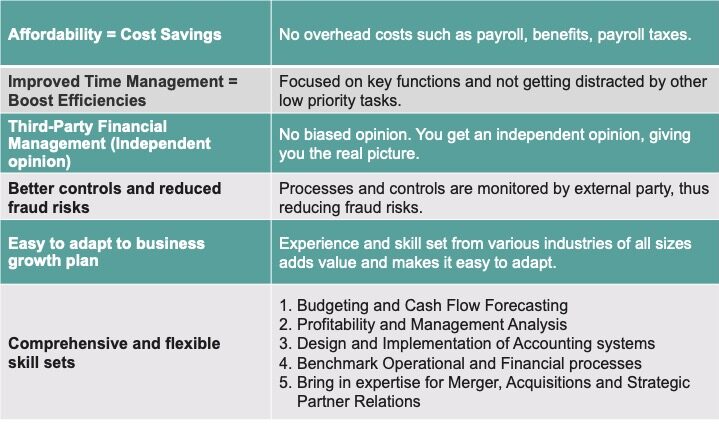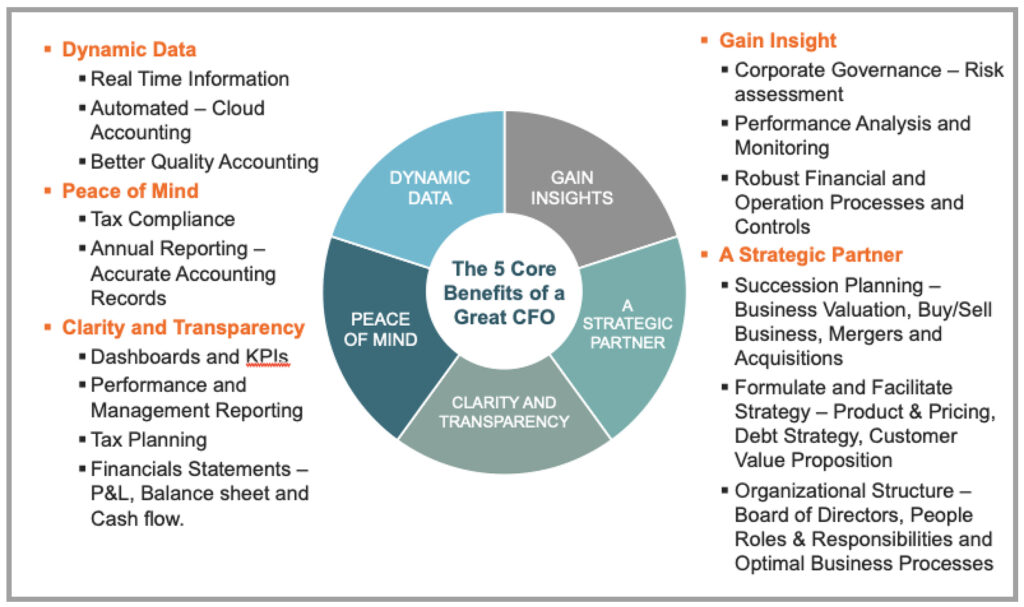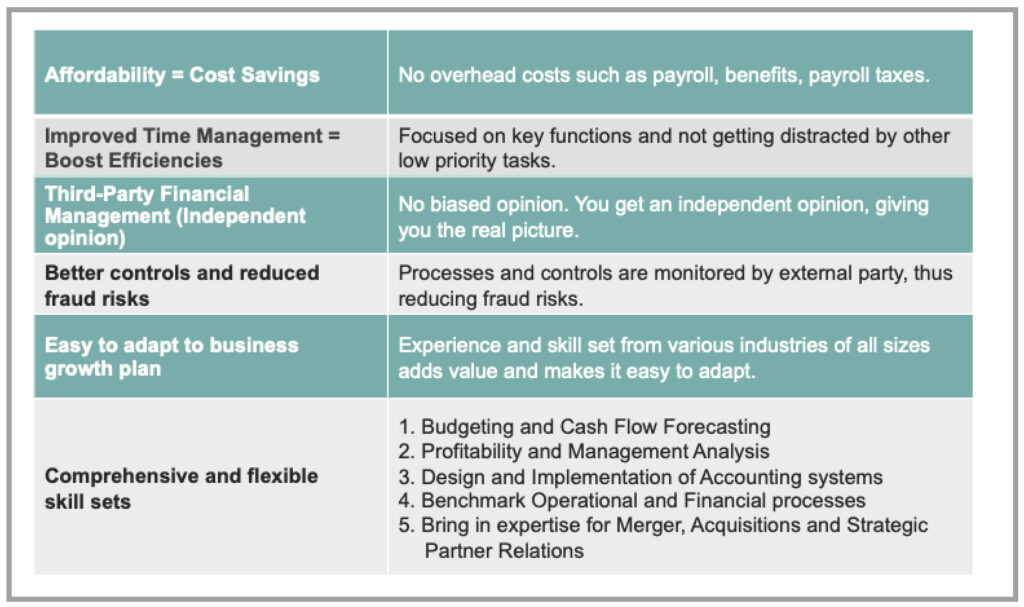Accounts Payable (AP) is an integral part of accounts and finance function and sensitive in terms of cash management. It is imperative to maintain the AP to the utmost completeness, correctness, and compliances with regulatory requirements.
However, AP is prone to various risks. It is critical to identify those, so you can anticipate and not get duped or suffer losses in your business.
Some of these risks are:
- Unintentional manual errors like over payment
- Payments to wrong accounts or of wrong amounts due to oversight
- Conflict of Interest
- Collusion
- Lack of Audit Trail
- Delayed payments
- Missed accruals or errant forecasts
The way to mitigate these risks is strong internal financial controls for the AP process. A solid internal controls program can improve operational efficiency and provide accurate financial reporting. A robust internal control seeks to maintain financial transparency and accountability.
The major internal control checkpoints can be categorized as manual controls and system controls.
Manual Controls are:
- Segregation of Duties: Separating key AP functions such as invoice processing, payment authorization, and payment processing, among different individuals or departments, reduces the risk of collusion and unauthorized activities.
- Purchase Order Matching: Three-way matching invoices with approved POs and receiving reports helps verify the legitimacy of transactions.
- Reconciliation and Review: Regular reconciliation of AP records with bank statements and supplier statements helps identify discrepancies and potential fraudulent transactions. Reviews conducted by Internal auditors and supervisors are a recommended control check.
- Physical Security Measures: Safeguarding physical documents and sensitive stationery such as invoices, checks, and supporting documentations, with secured storage and restricted access helps prevent unauthorized alterations or misappropriation.
The system controls are:
- Access Controls: The user access controls ensure that only authorized individuals can access and perform AP-related activities in the system. Unique user IDs, strong passwords, and role-based permissions, go a long way in ensuring data security and reduces the risk of unauthorized changes, fraud, or data breaches.
- Approval Workflows: Automated approval workflows within the AP system ensures that invoices, payments, and adjustments are posted through the appropriate authorization channels. Such configured automated workflows prevent unauthorized payments and provide an audit trail for review.
- Invoice Verification and Matching: An electronic matching system that verifies invoices against POs and receiving reports ensures accuracy and authenticity. Invoice verification controls minimize the risk of duplicate or fraudulent invoices or unauthorized payments.
- Audit Trails and Logging: Maintaining comprehensive audit trails and system logs that capture all AP-related activities, including changes, approvals, and payments, provides a transparent record of transactions. These logs facilitate fraud investigations, enable traceability, and act as a deterrent for potentially fraudulent activities.
A carefully curated and appropriately customized internal finance controls and processes go a long way in ensuring reliability of financial reporting, improve compliance with laws, and regulations and help reduce risk of fraud.
Automation is the answer to streamlining workflows and increasing AP efficiency. There are plenty of opportunities to reduce time spent on tasks, cut back on manual labor, and apply the appropriate segregation of duties.
Implementing Internal Finance Controls for accounts payable involves careful consideration of various factors such as the nature of transactions, the size of the business, and the industry it operates in, and more. Astute’s team of experts have helped multiple businesses implement strong AP processes and automate them to save time and money.









 © Copyright 2020 All rights reserved. Astute
© Copyright 2020 All rights reserved. Astute

